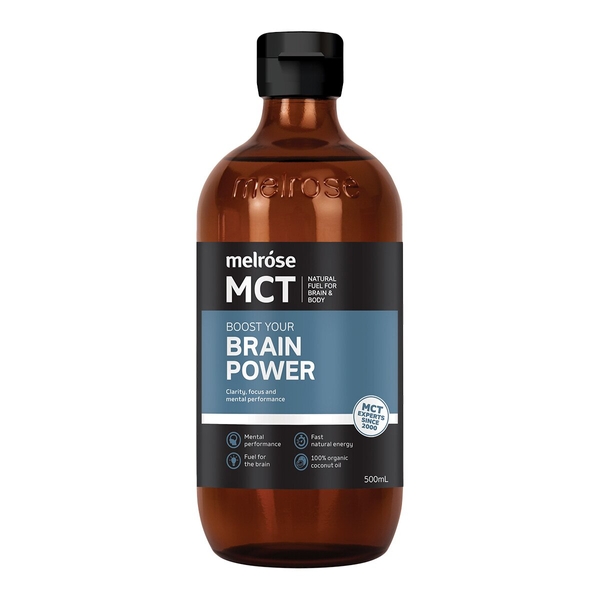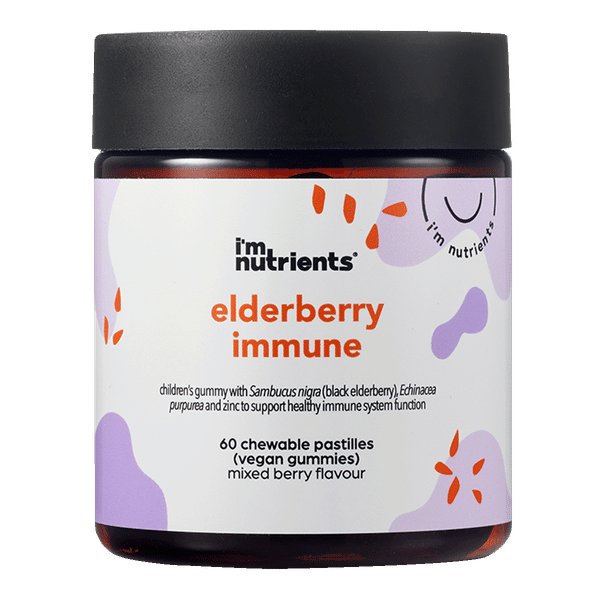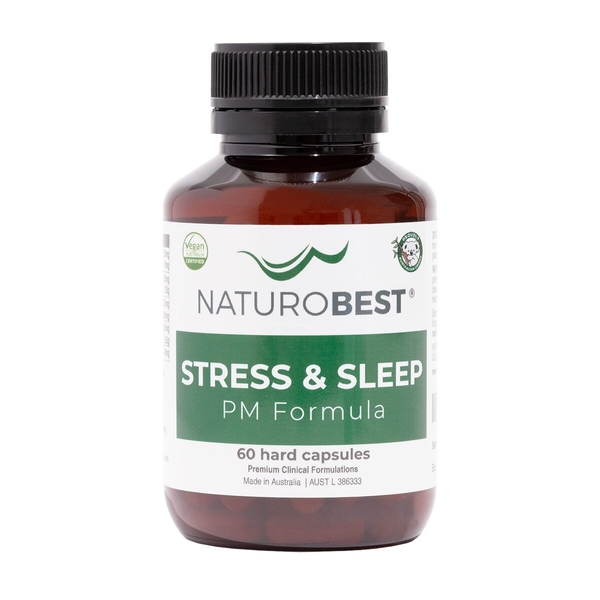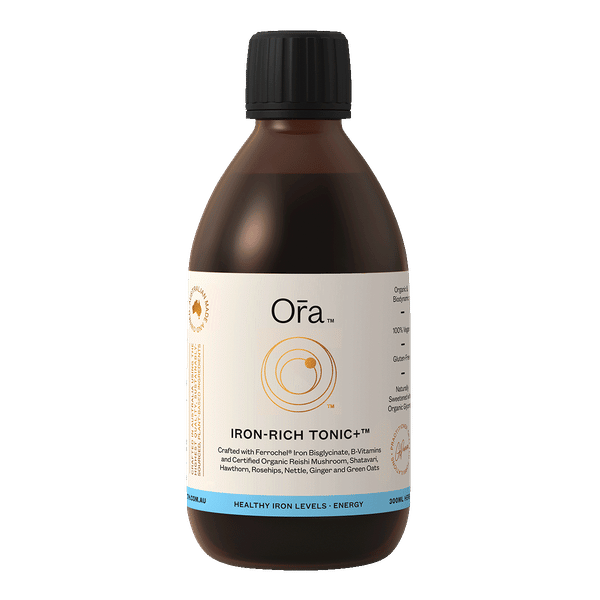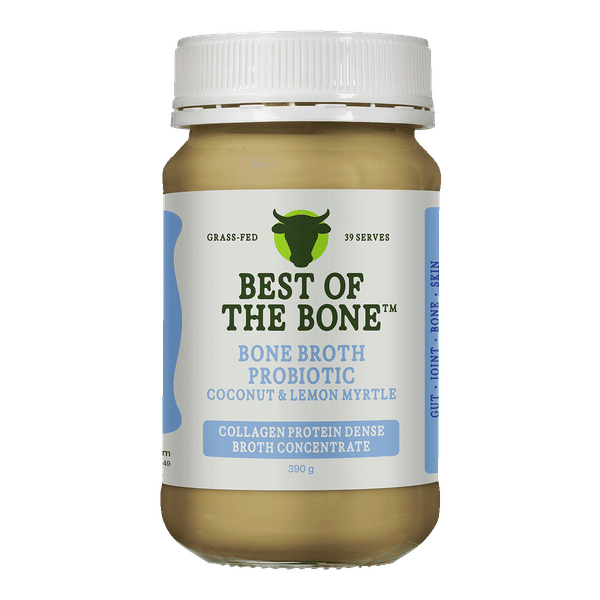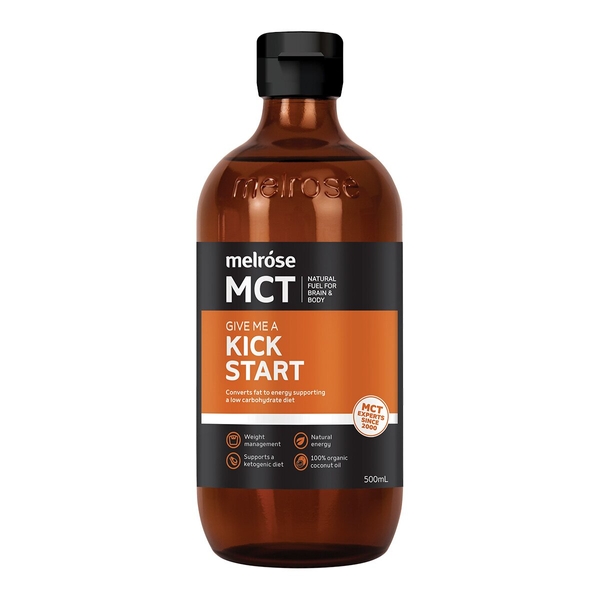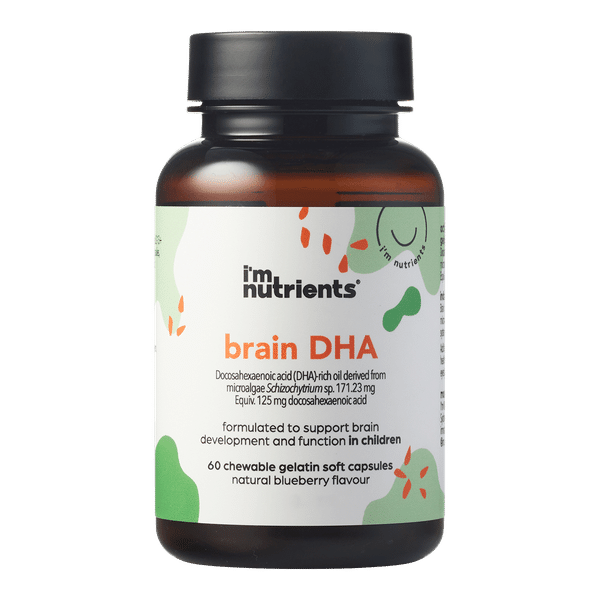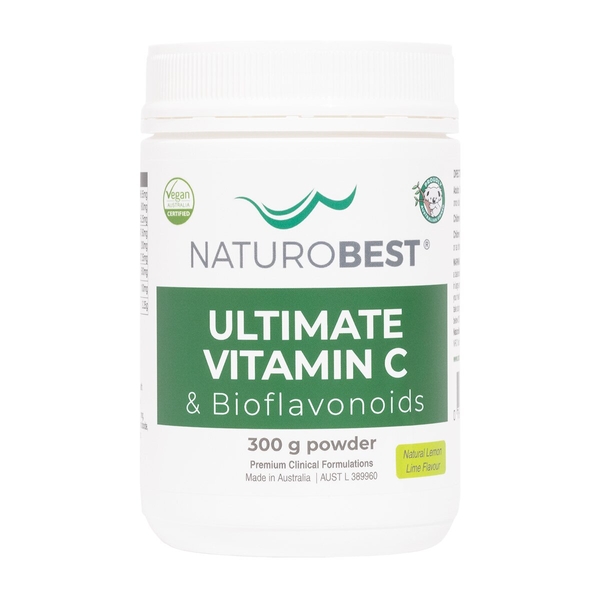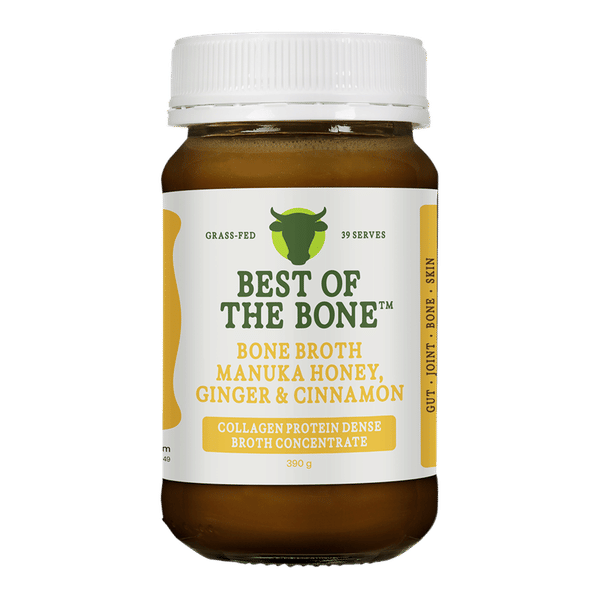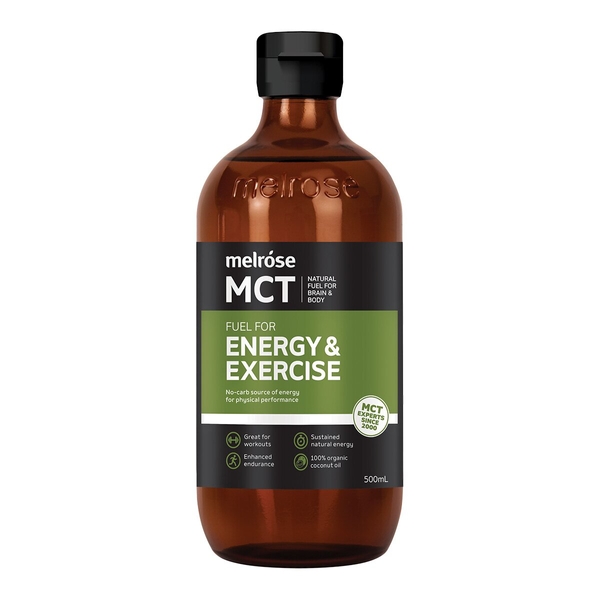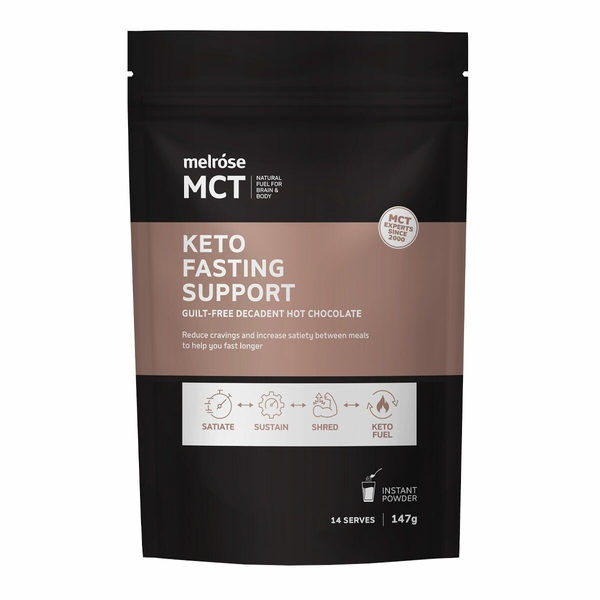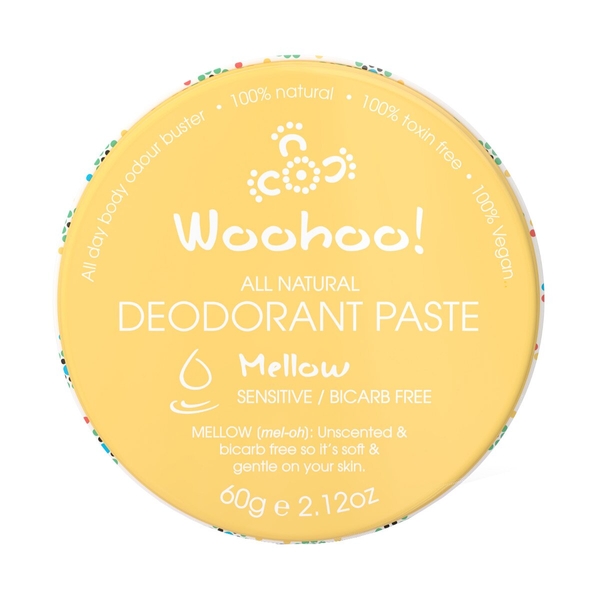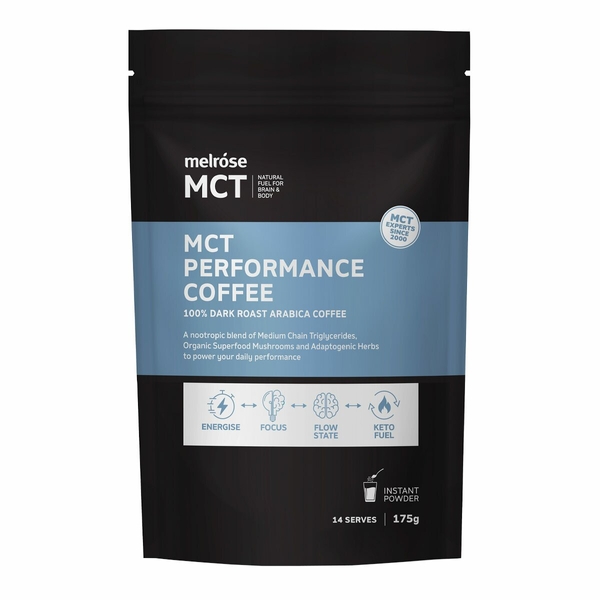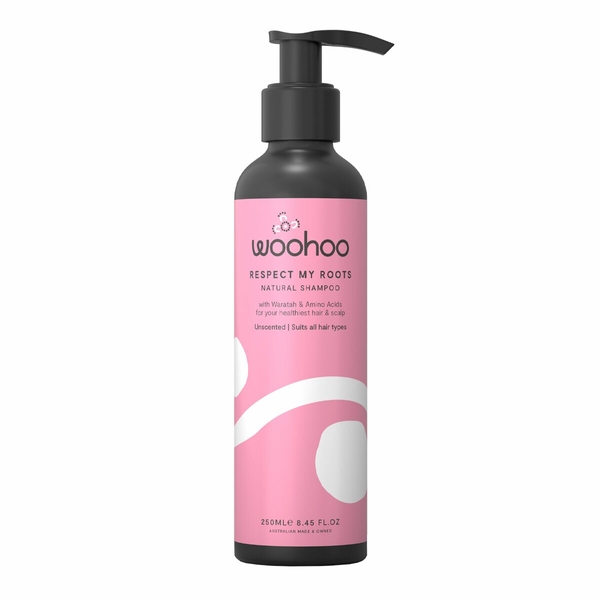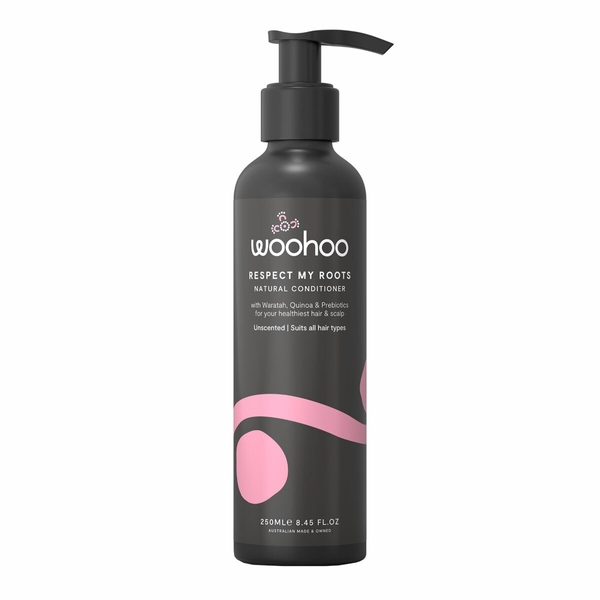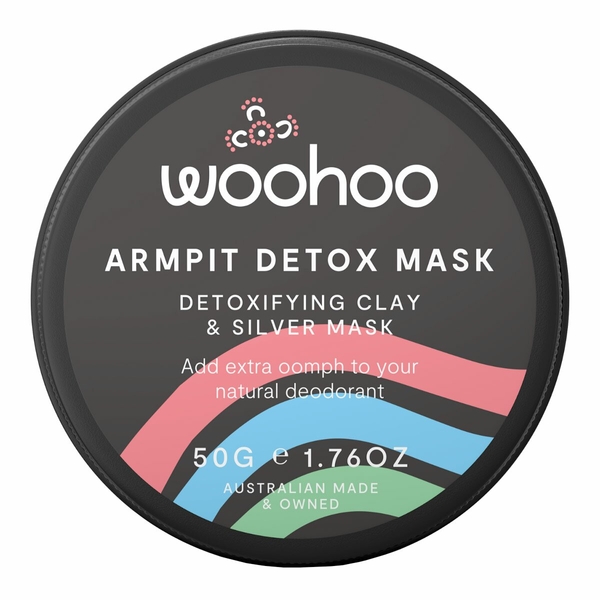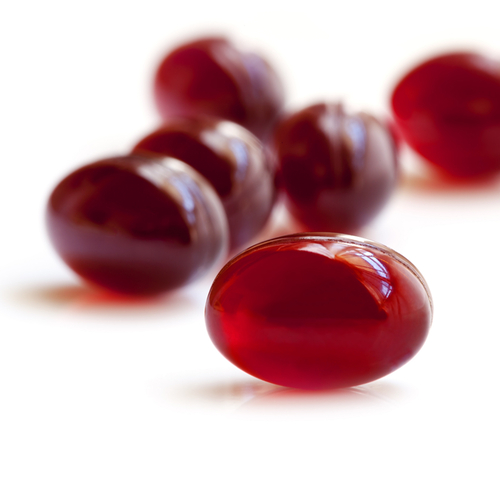
Krill oil
Alternate names: Aceite de Krill, Acide Docosahexaénoïque, Acides Gras Oméga 3, Acides Gras N-3, Acides Gras Polyinsaturés, Acides Gras W3, Antarctic Krill Oil, Concentré de Protéines Marines, DHA, Docosahexaenoic Acid, EPA, Euphausia Superba Oil, Euphausiacé, Euphausiids Oil, Huile d' Euphausia Superba, Huile de Krill, Huile de Krill Antarctique, Huile d'Oméga 3, Marine Protein Concentrate, n-3 Fatty Acids, Omega 3, Omega 3 Fatty Acids, Omega-3, Oméga 3, Omega-3 Fatty Acids, Omega-3 Oil, Polyunsaturated Fatty Acids, W-3 Fatty Acids
Actions: Anti-arthritic, Anticancer, Cardiovascular, Hepatic, Hypoglycemic, Immune-related, Neurologic/CNS, Renal, Weight loss
Background
Krill oil comes from a tiny, shrimp-like marine animal. It's rich in the omega-3 fatty acids eicosapentaenoic acid (EPA) and docosahexaenoic acid (DHA).
The benefits of krill oil seem to come from its omega-3 fatty acid content. The body doesn't produce many of its own omega-3 fatty acids. Omega-3 fatty acids can reduce pain and swelling and also prevent the blood from clotting easily.
People use krill oil for dry eye. It is also used for high levels of triglycerides in the blood, high cholesterol, diabetes, depression, and many other conditions, but there is no good scientific evidence to support many of these uses.
Don't confused krill oil with algal oil, cod liver oil, fish oil, or shark liver oil. These are not the same.
The benefits of krill oil seem to come from its omega-3 fatty acid content. The body doesn't produce many of its own omega-3 fatty acids. Omega-3 fatty acids can reduce pain and swelling and also prevent the blood from clotting easily.
People use krill oil for dry eye. It is also used for high levels of triglycerides in the blood, high cholesterol, diabetes, depression, and many other conditions, but there is no good scientific evidence to support many of these uses.
Don't confused krill oil with algal oil, cod liver oil, fish oil, or shark liver oil. These are not the same.
Safety Safety definitions
When taken by mouth: Krill oil is possibly safe when used for up to 6 months. Side effects might include stomach upset, decreased appetite, heartburn, fishy burps, bloating, diarrhea, and nausea.
Bleeding disorders: Krill oil can slow blood clotting. It might increase the risk of bleeding in people with bleeding disorders.
Seafood allergy: Some people who are allergic to seafood might also be allergic to krill oil supplements. Avoid using krill oil or use it cautiously if you have a seafood allergy.
Surgery: Krill oil can slow blood clotting. It might increase the risk of bleeding during and after surgery. Stop using krill oil at least 2 weeks before a scheduled surgery.
Special Precautions & Warnings:
Pregnancy and breast-feeding: There isn't enough reliable information to know if krill oil is safe to use when pregnant or breast-feeding. Stay on the safe side and avoid use.Bleeding disorders: Krill oil can slow blood clotting. It might increase the risk of bleeding in people with bleeding disorders.
Seafood allergy: Some people who are allergic to seafood might also be allergic to krill oil supplements. Avoid using krill oil or use it cautiously if you have a seafood allergy.
Surgery: Krill oil can slow blood clotting. It might increase the risk of bleeding during and after surgery. Stop using krill oil at least 2 weeks before a scheduled surgery.
Effectiveness
NatMed Pro rates effectiveness based on scientific evidence according to the following scale: Effective, Likely Effective, Possibly Effective, Possibly Ineffective, Likely Ineffective, Ineffective, and Insufficient Evidence to Rate.
Possibly effective Effectiveness definitions
- Dry eye. Taking krill oil by mouth for about 3 months improves dry eye symptoms such as redness.
Dosing & administration
Krill oil has most often been used by adults in doses of 1-4 grams by mouth daily for up to 6 months. Speak with a healthcare provider to find out what dose might be best for a specific condition.
Interactions with pharmaceuticals
Medications for diabetes (Antidiabetes drugs)
Interaction Rating=Moderate Be cautious with this combination.
Krill oil might lower blood sugar levels. Taking krill oil along with diabetes medications might cause blood sugar to drop too low. Monitor your blood sugar closely.
Medications that slow blood clotting (Anticoagulant / Antiplatelet drugs)
Interaction Rating=Moderate Be cautious with this combination.
Krill oil might slow blood clotting. Taking krill oil along with medications that also slow blood clotting might increase the risk of bruising and bleeding.
Interactions with herbs & supplements
Herbs and supplements that might lower blood sugar: Krill oil might lower blood sugar. Taking it with other supplements with similar effects might lower blood sugar too much. Examples of supplements with this effect include aloe, bitter melon, cassia cinnamon, chromium, and prickly pear cactus.
Herbs and supplements that might slow blood clotting: Krill oil might slow blood clotting and increase the risk of bleeding. Taking it with other supplements with similar effects might increase the risk of bleeding in some people. Examples of supplements with this effect include garlic, ginger, ginkgo, nattokinase, and Panax ginseng.
Herbs and supplements that might slow blood clotting: Krill oil might slow blood clotting and increase the risk of bleeding. Taking it with other supplements with similar effects might increase the risk of bleeding in some people. Examples of supplements with this effect include garlic, ginger, ginkgo, nattokinase, and Panax ginseng.
Interactions with foods
There are no known interactions with foods.
Products
View all productsPer 10 g:
RRP: $33.99$28.89Save: 15%
Create account
RRP: $30.95$24.76Save: 20%
Create account
RRP: $54.99$46.74Save: 15%
Create account
RRP: $35.77$26.83Save: 25%
OOS at supplier
Create account
return unknown
Per 20 mL:
- Iron bisglycinate 100 mg equiv. iron 20 mg
- Urtica dioica ext. 2 g
- Asparagus racemosus ext. 1.5 g
- Crataegus oxyacantha ext. 1.3 g
- Ganoderma lucidum ext. 1.5 g
- Rosa canina ext. 1.5 g
- Zingiber officinale ext. 1 g
- Avena sativa ext. 1.2 g
- Pyridoxine hydrochloride (Vitamin B6) 10 mg equiv. pyridoxine 8.22 mg
- Riboflavin 5-phosphate sodium (Activated B2) 10 mg equiv. riboflavin 7.6 mg
RRP: $51.95$46.76Save: 10%
Create account
Per 10 g (Coconut & Lemon Myrtle):
RRP: $32.99$28.04Save: 15%
Create account
RRP: $30.95$24.76Save: 20%
Create account
RRP: $54.99$46.74Save: 15%
Sold out
Create account
Due back 09/05
Per 5 g (Lemon Lime):
RRP: $76.67$57.50Save: 25%
OOS at supplier
Create account
Due back 25/07
Per 10 g (Manuka Honey, Ginger & Cinnamon):
390 g Manuka Honey, Ginger & Cinnamon
RRP: $33.99$28.89Save: 15%
Create account
RRP: $30.95$24.76Save: 20%
Create account
Per 10.5 g:
- Medium Chain Triglycerides (powder) (MCT) 3.53 g
- Theobroma cacao (Cocoa powder) 2.14 g
- Yeast hydrolysate 500 mg
- Coconut milk powder
- Tapioca
- Amorphophallus konjac (root) (Konjac root)
- Cinnamomum verum
- Natural chocolate flavour
- Natural vanilla flavour
- Siraitia grosvenorii (Monk fruit)
- Stevia rebaubiana
- Vitamin E
- Maltodextrin
- Acacia sp. 1.51 g
RRP: $29.95$23.96Save: 20%
OOS at supplier
Create account
return unknown
Per 12.5 g:
RRP: $29.95$23.96Save: 20%
OOS at supplier
Create account
return unknown
vital.ly has licensed monographs from TRC Healthcare.
This monograph was last reviewed on 08/03/2024 11:00:00 and last updated on 27/03/2022 02:10:07. Monographs are reviewed and/or updated multiple times per month and at least once per year.
Natural Medicines disclaims any responsibility related to medical consequences of using any medical product. Effort is made to ensure that the information contained in this monograph is accurate at the time it was published. Consumers and medical professionals who consult this monograph are cautioned that any medical or product related decision is the sole responsibility of the consumer and/or the health care professional. A legal License Agreement sets limitations on downloading, storing, or printing content from this Database. No reproduction of this monograph or any content from this Database is permitted without written permission from the publisher. It is unlawful to download, store, or distribute content from this site.


